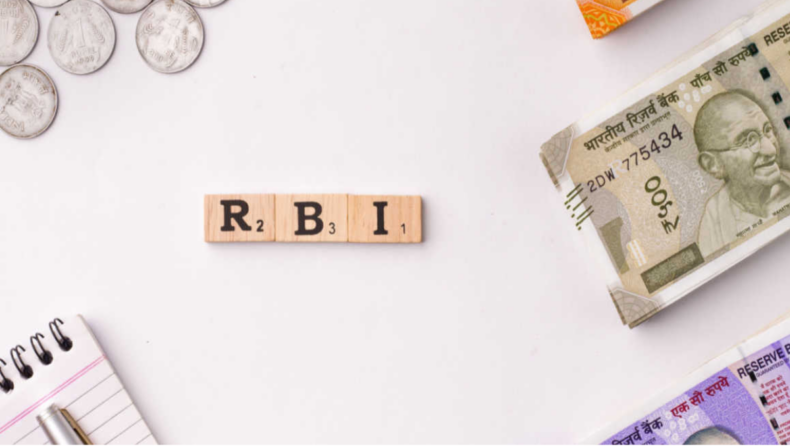The RBI raised the repo rate by 50 basis points to 5.40 percent on Friday. The rate rise is crucial for variable-rate home loan holders.

On Friday, the Monetary Policy Committee of the Reserve Bank of India (RBI) headed by Governor Shaktikanta Das raised the policy repo rate for the third time in a row. The Reserve Bank of India (RBI) decreased the repo rate in March 2020 with the intention of mitigating the effects of a covid-induced lockdown. After keeping the status quo in the benchmark interest rate for over two years, the RBI eventually decided to raise it on May 4, 2022.
The Reserve Bank of India (RBI) increased the key policy repo rate by 50 basis points, while Governor Shaktikanta Das remained confident over economic development. He noted that the domestic economic recovery is becoming more broad-based despite the global uncertainty.
As a measure to rein in rising prices, the Reserve Bank of India (RBI) increased the repo rate by 50 basis points on Friday, bringing it up to 5.40 percent. This will have an influence on the EMIs. Several banking institutions have already increased the rates at which they charge customers for loans, and some of these institutions plan to do so once again in response to the recent rate hike announced by the central bank.
The increase in the repo rate that is enforced by the RBI will result in higher interest rates for house loans; nevertheless, real estate professionals are of the opinion that this change will not have a significant influence on the demand for homes throughout the country. The current demand in the market is anticipated to maintain the business healthy, even though house loan rates are projected to stabilize at about 8 percent.
After the Reserve Bank of India raised the repo rate to pre-covid levels, the market responded favourably to this news by increasing both the value of the rupee and the yields on bonds, which caused the stock markets in India to rise. The Sensex was up by more than 250 points, while the Nifty was trading in the vicinity of 17,500. Srikanth Subramanian, CEO-Designate, Kotak Cherry, stated “As a result of the fact that equity markets had previously factored in the increase, it did not have an impact on the general tone of the market. Investors should maintain a cautious stance on the equities market and avoid overreacting to every movement in the market since the Indian market is not particularly undervalued and there are various headwinds impacting it.”
“Despite this significant increase, the RBI anticipates that inflation would stay above its comfort zone and has decided to keep its CPI inflation projection at 6.7 percent for FY23.” We feel that the prices of commodities, particularly crude oil, have begun to fall and that inflation may be reaching its highest point. According to Motilal Oswal’s Managing Director and Chief Executive Officer Motilal Oswal, “We think RBI may not be as aggressive in its forthcoming policy meetings and becoming more data-driven based on inflation statistics.”
Following a rate rise of 40 basis points in May and a rate increase of 50 basis points in June, the central bank has now hiked the interest rate by a total of 140 basis points since May of this year.













